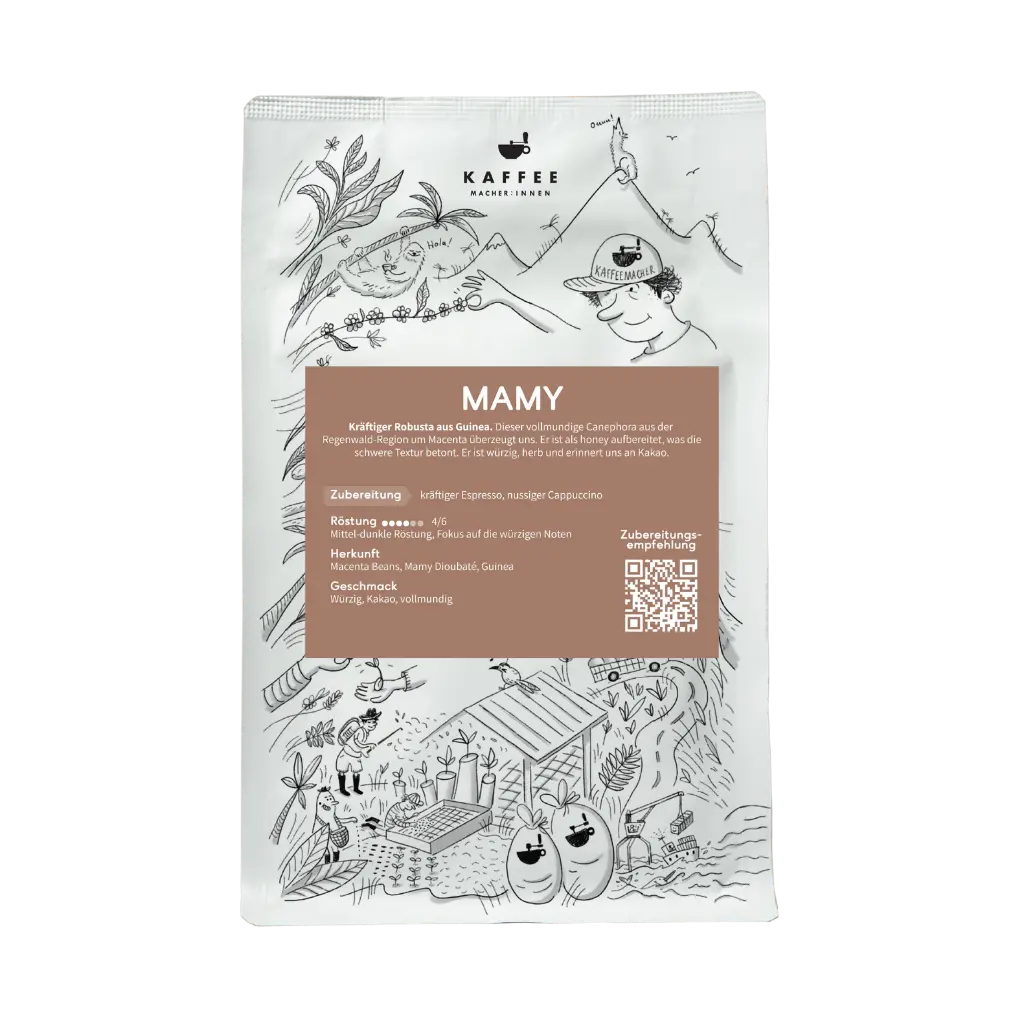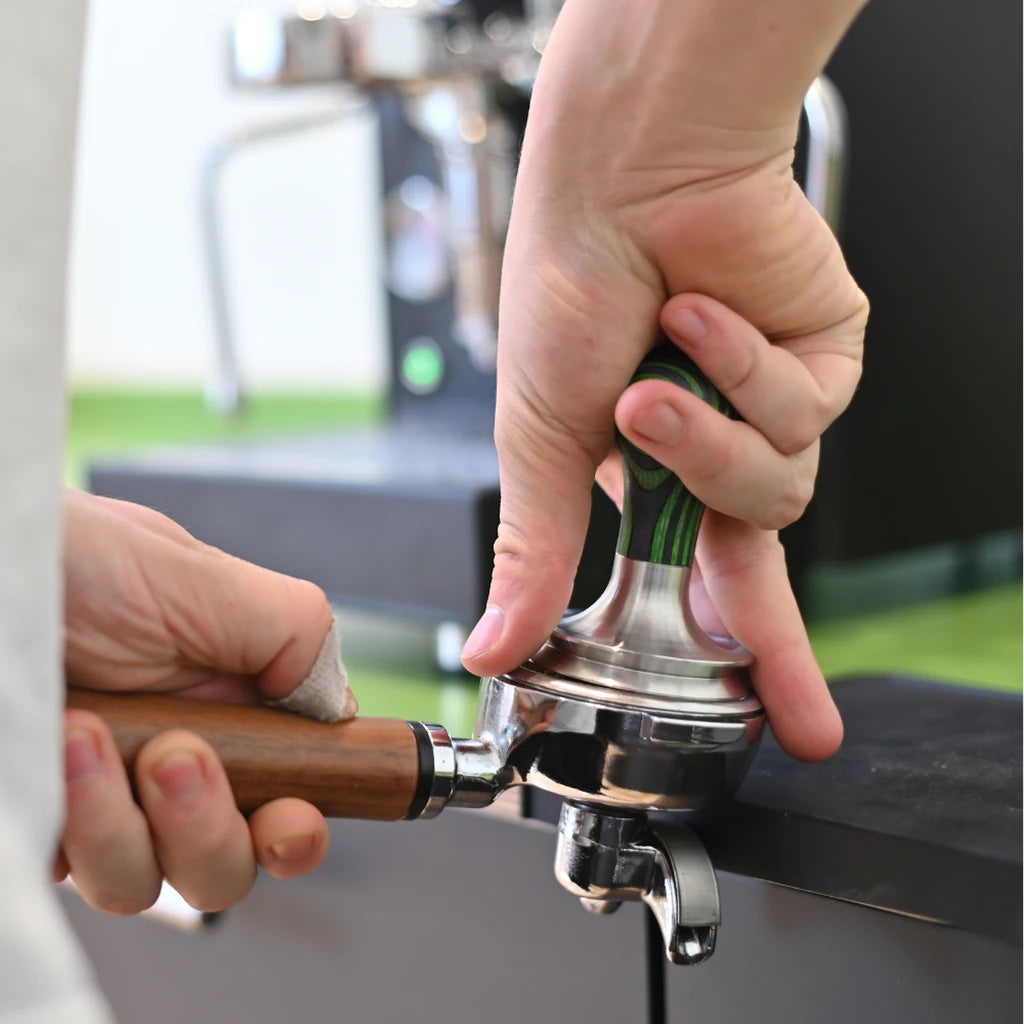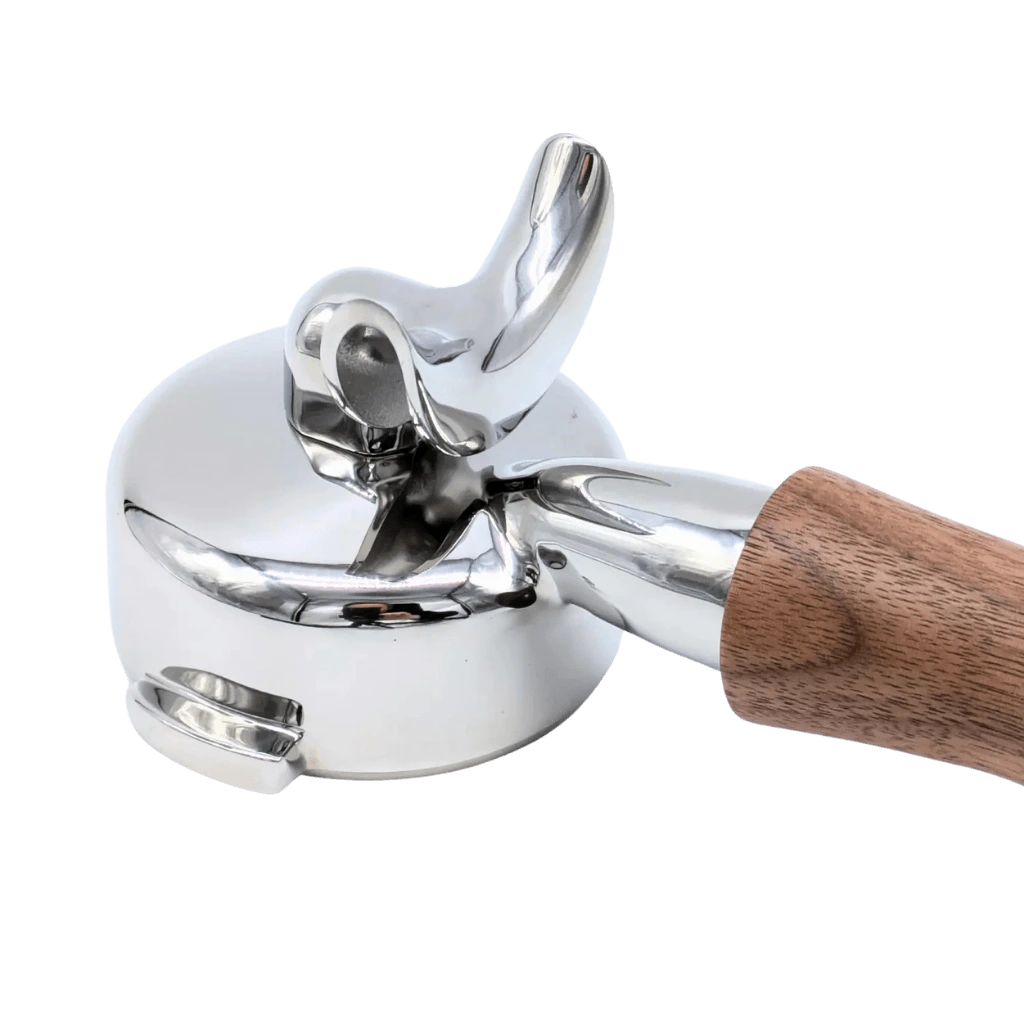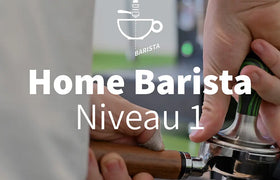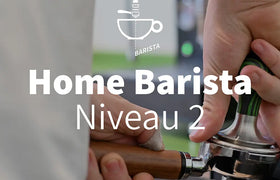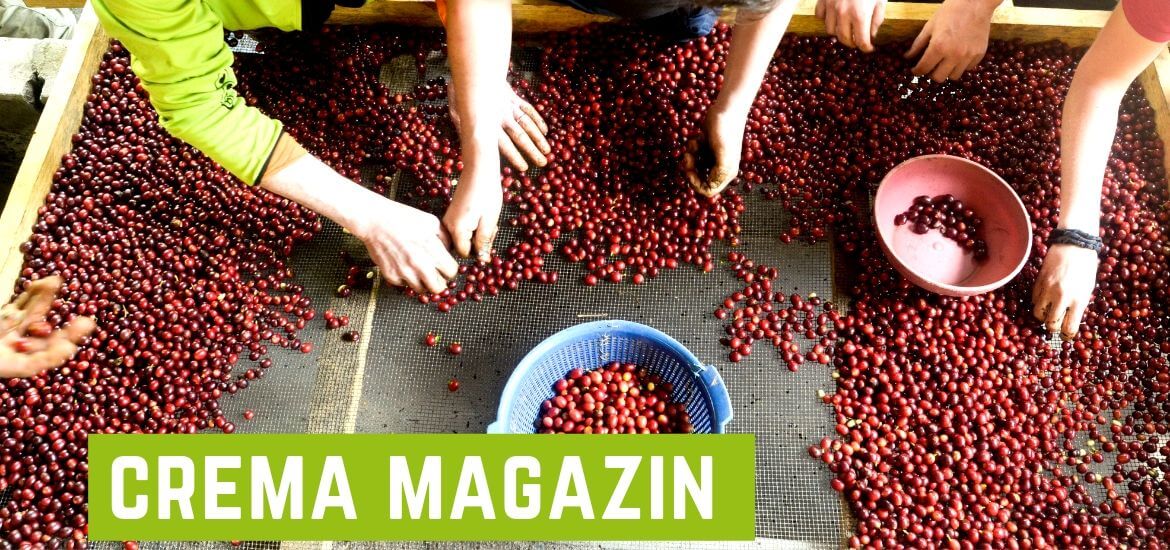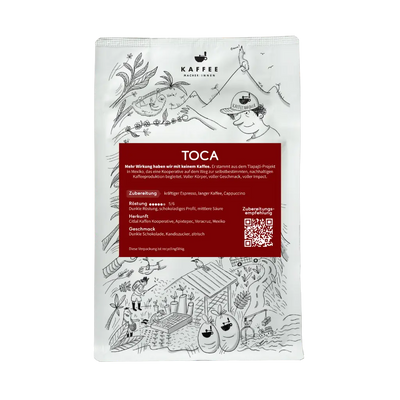In the April/May issue of the German trade magazine Crema , Benjamin and Philipp were given an interview about their coffee-making commitment in Nicaragua.
The title "just do it" isn't ours, but the Crema editors couldn't have chosen it better. Finca Santa Rita is a project that continually presents us with new challenges, but brings us new joy every day. And when we drink our own roasted coffee from our own finca, it's the best coffee out there anyway.
Why is engagement in Nicaragua challenging?
- the current political instability in the country makes it difficult to plan for the longer term
- every next step is risky
- We can currently only make limited long-term investments
- Loans that producers have to take out in the country themselves are currently burdened with interest rates of more than 20% – if there is access to credit at all these days
- the institutions continue to function, the streets are no longer blocked (as in early summer 2018), everything seems to be “working”
- But that should not disguise the fact that there is something brewing beneath the social surface
- We have a long-distance relationship with our local partners from Boca de Lobo (Claudia Lovo and Tim Willems), which only works through a great deal of trust and a lively exchange
- Having the same vision is crucial
Benjamin recently said that, "From a business perspective and a sober risk assessment, we should never have done Santa Rita." That's true—we're often asked why we do it.
For our understanding of how coffee production can work. For our personal development. And because we increasingly understand what it means to produce good coffee.
Especially considering the absurdly low coffee prices these days, we're glad, on the one hand, that Santa Rita has completely decoupled from the stock market and is purchasing coffee based on production costs. On the other hand, it makes us think that we're still in too large a minority who think this way.
That's precisely why we're even more pleased with this article in Crema – a big thank you to the Crema team for the opportunity to make our philosophy accessible to an interested audience.









